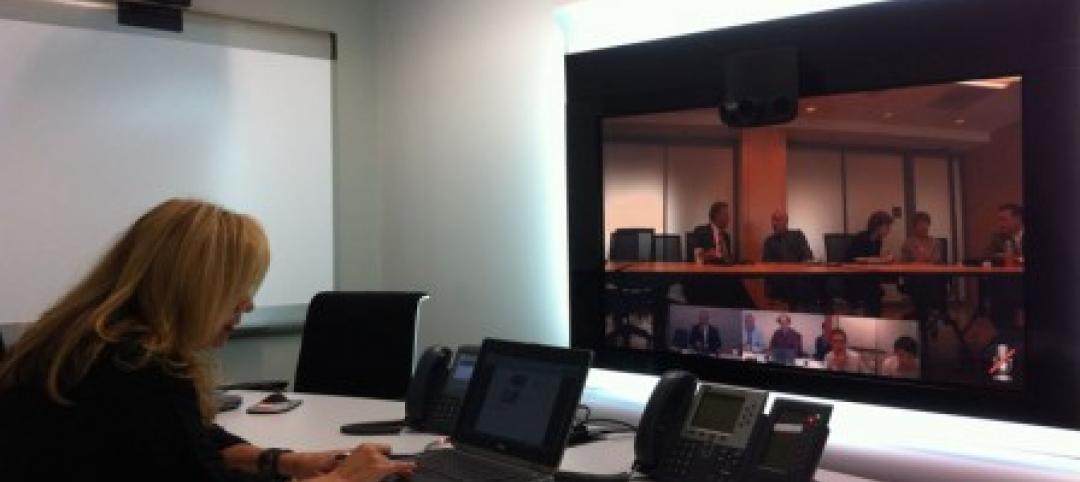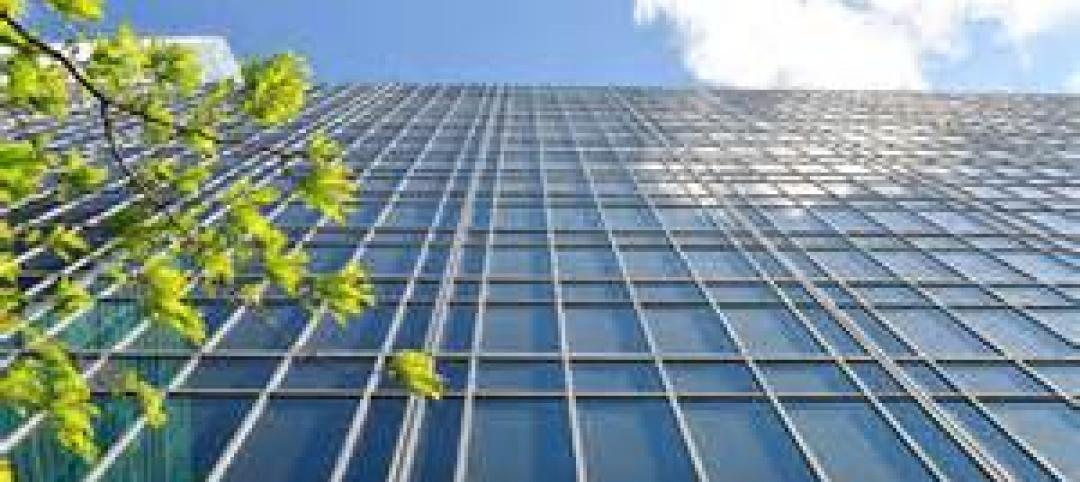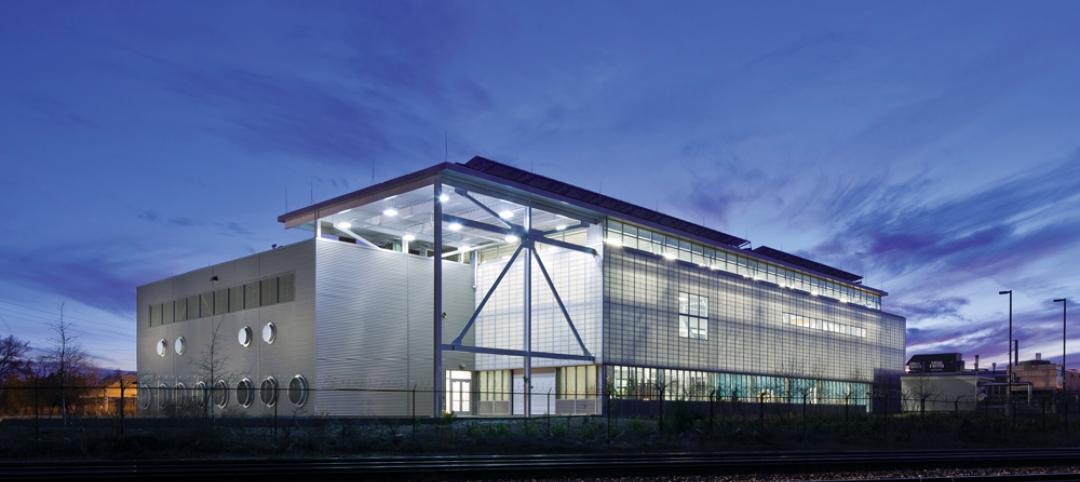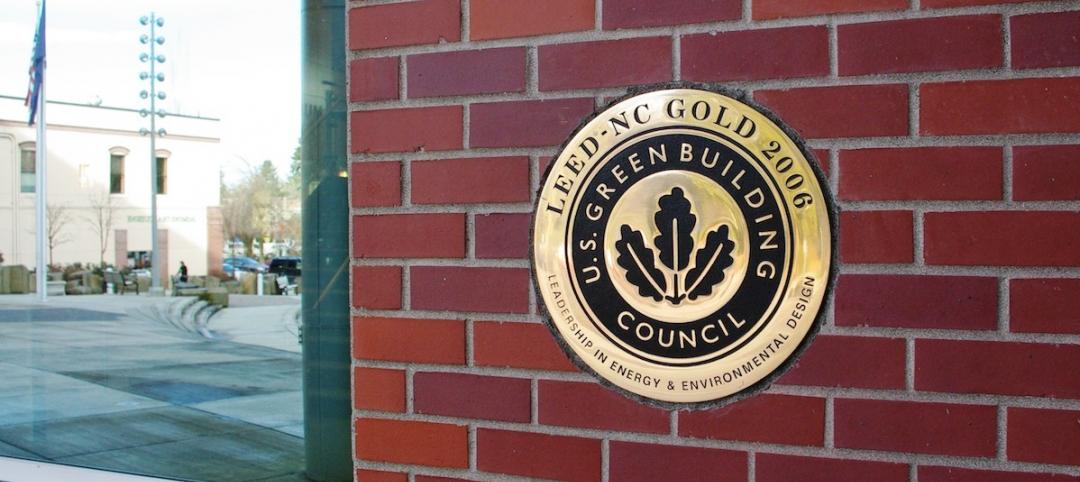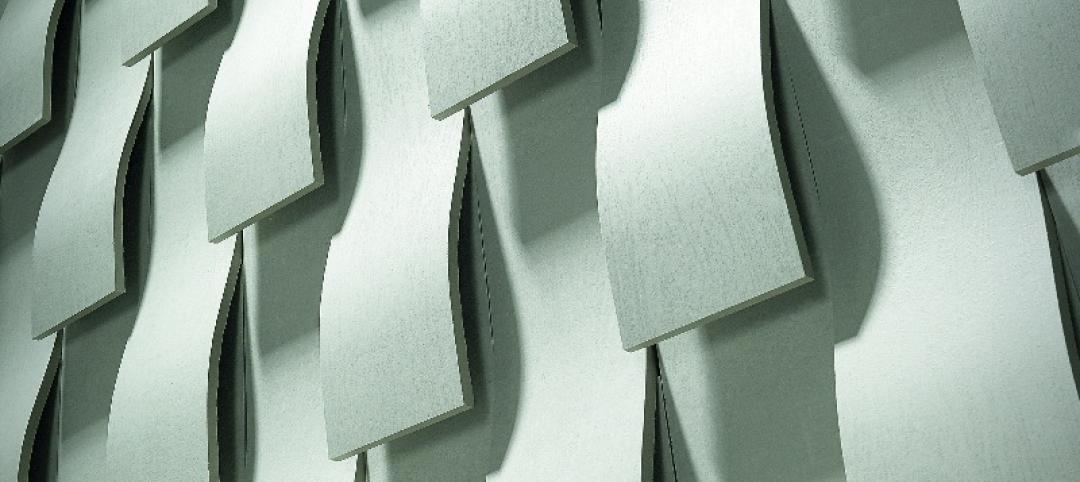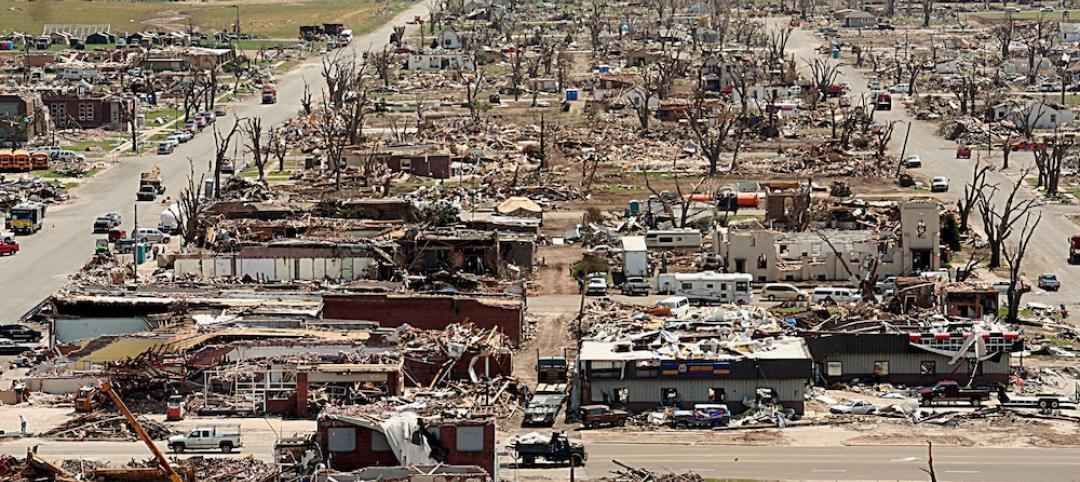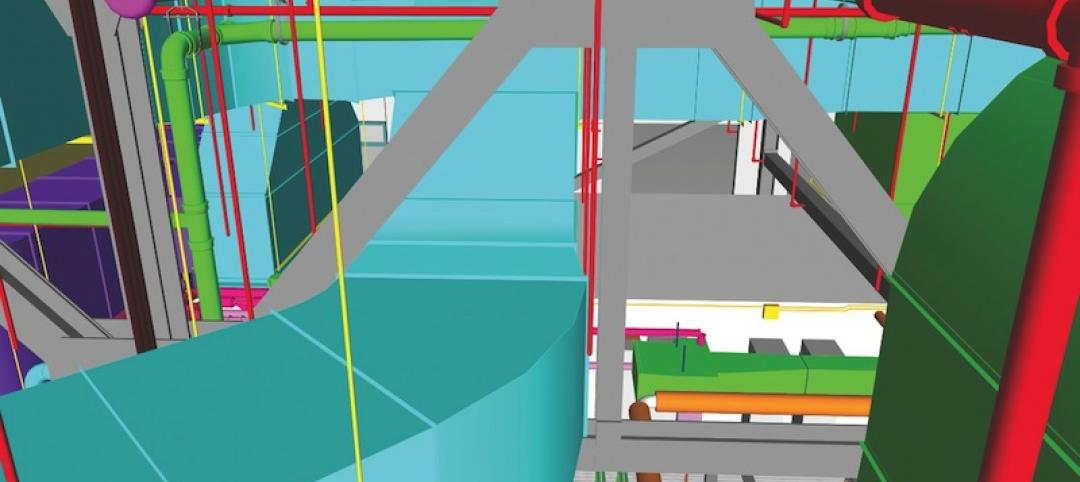A new temporary medical facility, comprising two fully-equipped tents, was completed in just two weeks at Bergen New Bridge Medical Center (BNBMC) in Paramus, N.J. The project was built by Holt Construction, the U.S. Army Corps of Engineers, and FEMA.
The hospital is a first of its kind for Army Corps temporary facility construction standards and will serve as a treatment facility for acute, non-COVID related patients due to the influx of COVID-positive patients in the main building. Located in a large parking lot adjacent to BNBMC's main building, the temporary hospital will serve an additional 100 patients in total.
Each tent includes 50 patient beds as well as an admissions bay, nurse stations, six bathrooms with showers, hospital staff nourishment and support areas, a nurse call system in each patient room, medical gas storage, medicine storage, and soiled holding. Life safety provisions, such as fire alarm, sprinkler, fire extinguishers, and other life-safety systems, were also installed. Plumbing and sprinkler were run from the main building to the lot and new incoming primary power with a stepdown transformer was provided to power the two tents.
See Also: Danish hospital is constructed from 24 steel frame modules
The tents were constructed by over 80 carpenters, 20 electricians, and 20 plumbers working in three shifts around the clock. Social distancing was enforced at all times and all personnel were equipped with N95 face masks, face shields, gloves, and goggles. Additionally, sanitation stations were set up for use upon entering and exiting the site.
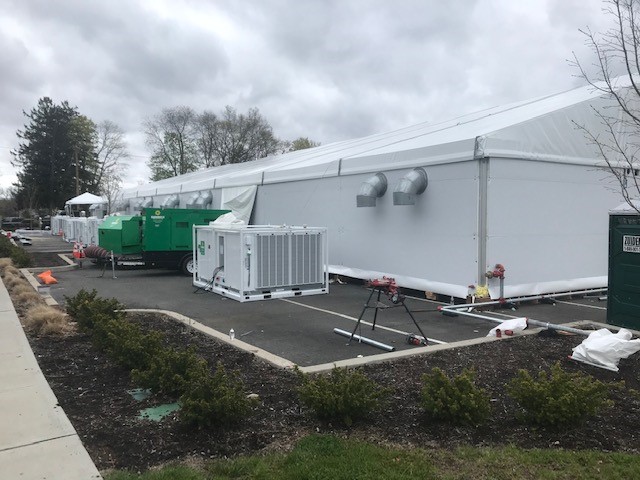
Related Stories
| Jun 20, 2013
Virtual meetings enhance design of University at Buffalo Medical School
HOK designers in New York, St. Louis and Atlanta are using virtual meetings with their University at Buffalo (UB) client team to improve the design process for UB’s new School of Medicine and Biomedical Sciences on the Buffalo Niagara Medical Campus.
| Jun 19, 2013
New York City considers new construction standards for hospitals, multifamily buildings
Mayor Michael Bloomberg’s administration has proposed new building codes for hospitals and multifamily dwellings in New York City to help them be more resilient in the event of severe weather resulting from climate change.
| Jun 17, 2013
DOE launches database on energy performance of 60,000 buildings
The Energy Department today launched a new Buildings Performance Database, the largest free, publicly available database of residential and commercial building energy performance information.
| Jun 12, 2013
5 building projects that put the 'team' in teamwork
The winners of the 2013 Building Team Awards show that great buildings cannot be built without the successful collaboration of the Building Team.
| Jun 5, 2013
USGBC: Free LEED certification for projects in new markets
In an effort to accelerate sustainable development around the world, the U.S. Green Building Council is offering free LEED certification to the first projects to certify in the 112 countries where LEED has yet to take root.
| Jun 3, 2013
Construction spending inches upward in April
The U.S. Census Bureau of the Department of Commerce announced today that construction spending during April 2013 was estimated at a seasonally adjusted annual rate of $860.8 billion, 0.4 percent above the revised March estimate of $857.7 billion.
| May 21, 2013
7 tile trends for 2013: Touch-sensitive glazes, metallic tones among top styles
Tile of Spain consultant and ceramic tile expert Ryan Fasan presented his "What's Trending in Tile" roundup at the Coverings 2013 show in Atlanta earlier this month. Here's an overview of Fasan's emerging tile trends for 2013.
| May 20, 2013
Jones Lang LaSalle: All U.S. real estate sectors to post gains in 2013—even retail
With healthier job growth numbers and construction volumes at near-historic lows, real estate experts at Jones Lang LaSalle see a rosy year for U.S. commercial construction.
| May 9, 2013
Post-tornado Greensburg, Kan., leads world in LEED-certified buildings per capita
Six years after a tornado virtually wiped out the town, Greensburg, Kan., is the world's leading community in LEED-certified buildings per capita.


